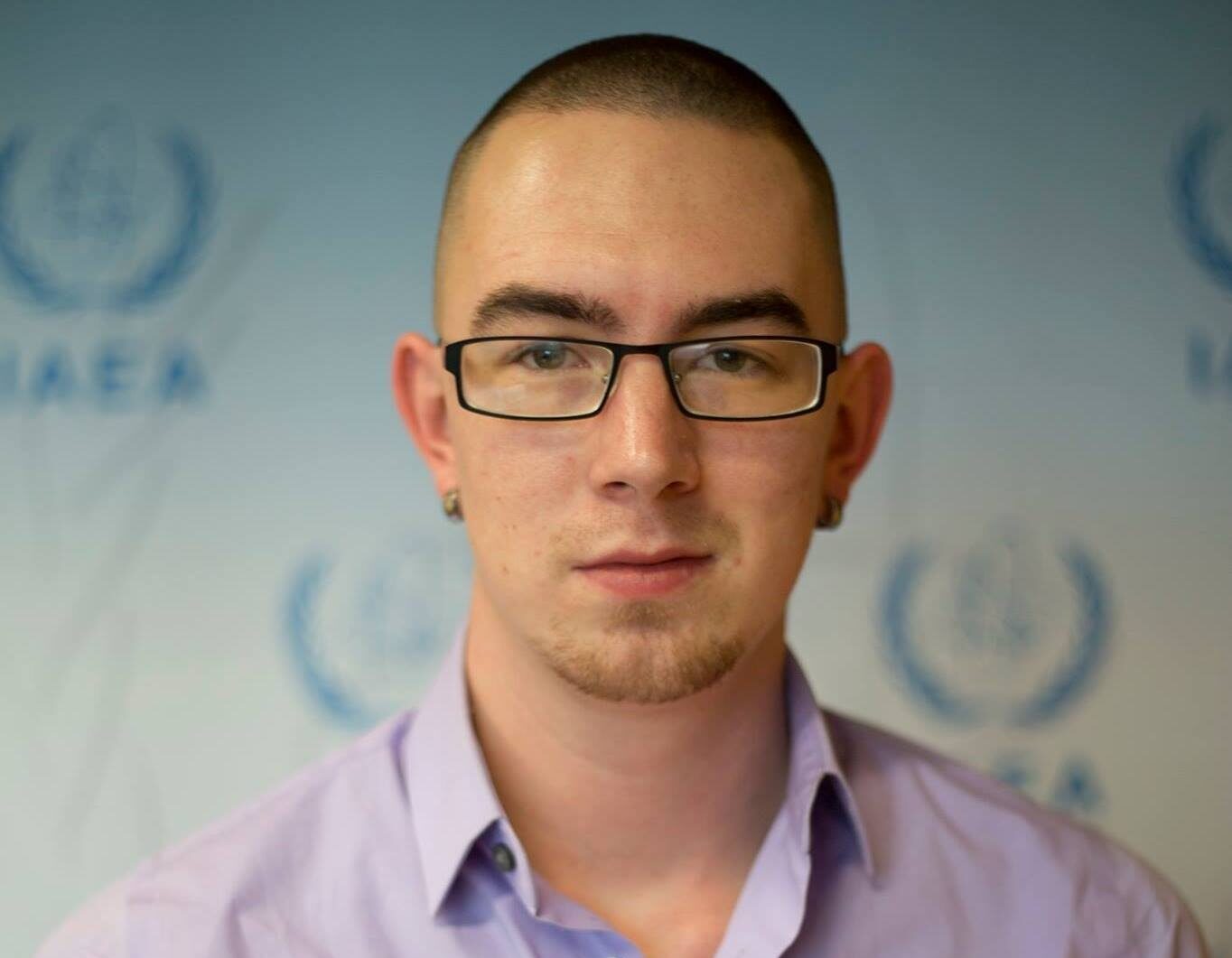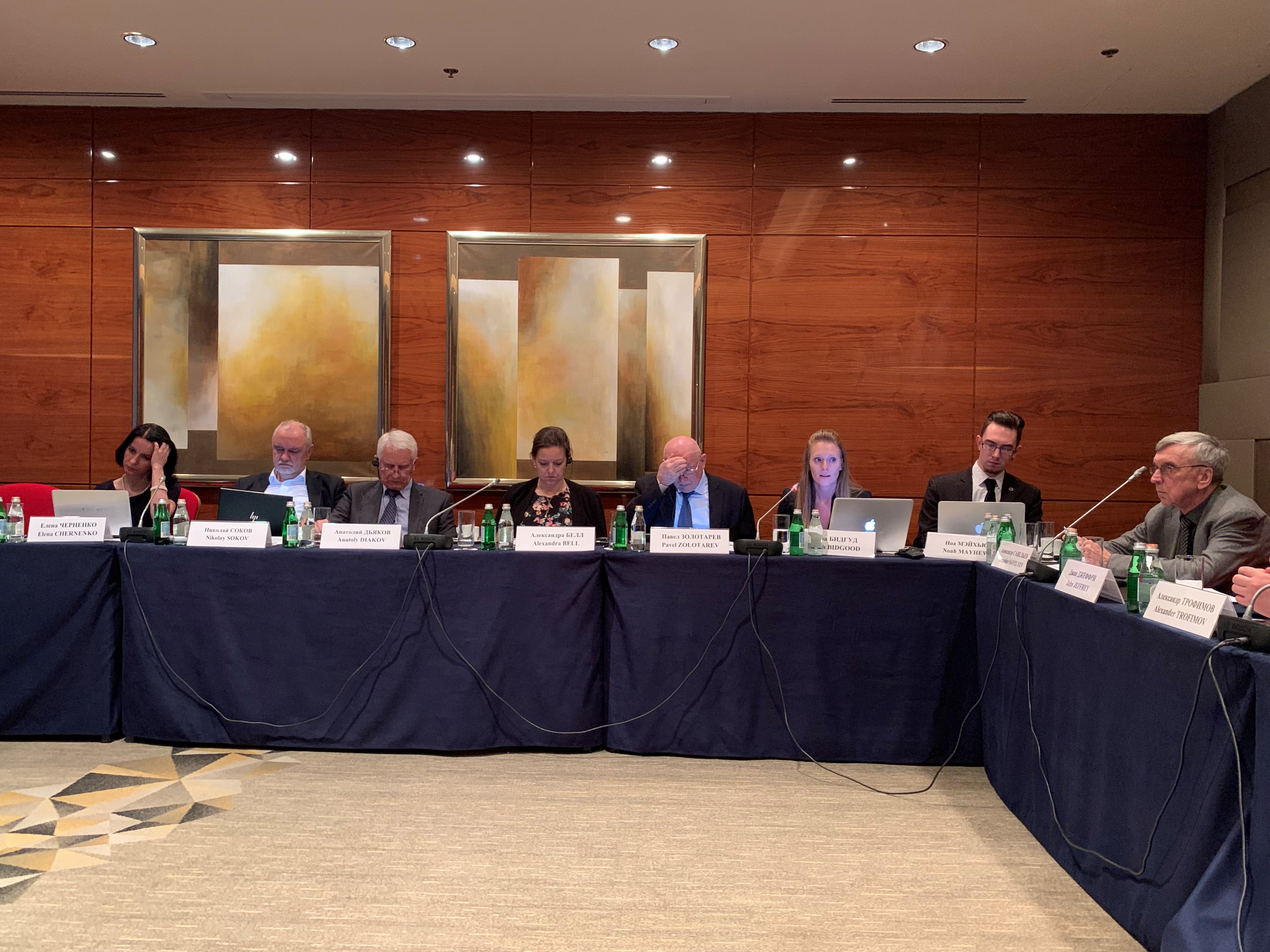

In an interview with Sputnik News Agency (published in UrduPoint), VCDNP Research Associate Noah Mayhew discouraged reactionary, "tit-for-tat" action by the Russian Federation following the test of an intermediate-range missile by the United States.
The US missile test follows the demise of the 1987 Intermediate-Range Nuclear Forces (INF) Treaty, which banned missiles between 500 and 5000 kilometers in range, such as the missile tested by the United States. In response, Russian President Vladimir Putin has instructed the relevant Kremlin agencies to develop a "symmetrical response."
Mr. Mayhew told Sputnik that such a response would be counterproductive to avoiding what President Putin called "a dangerous and expensive arms race."
"If President Putin does pursue a symmetrical response, a missile test of a similar range would not be difficult to accomplish within the territory of the Russian Federation. The problem with such a response is that it would likely elicit further tit-for-tat action by the United States. In this scenario, nobody wins."
Read the full article on UrduPoint's website.

